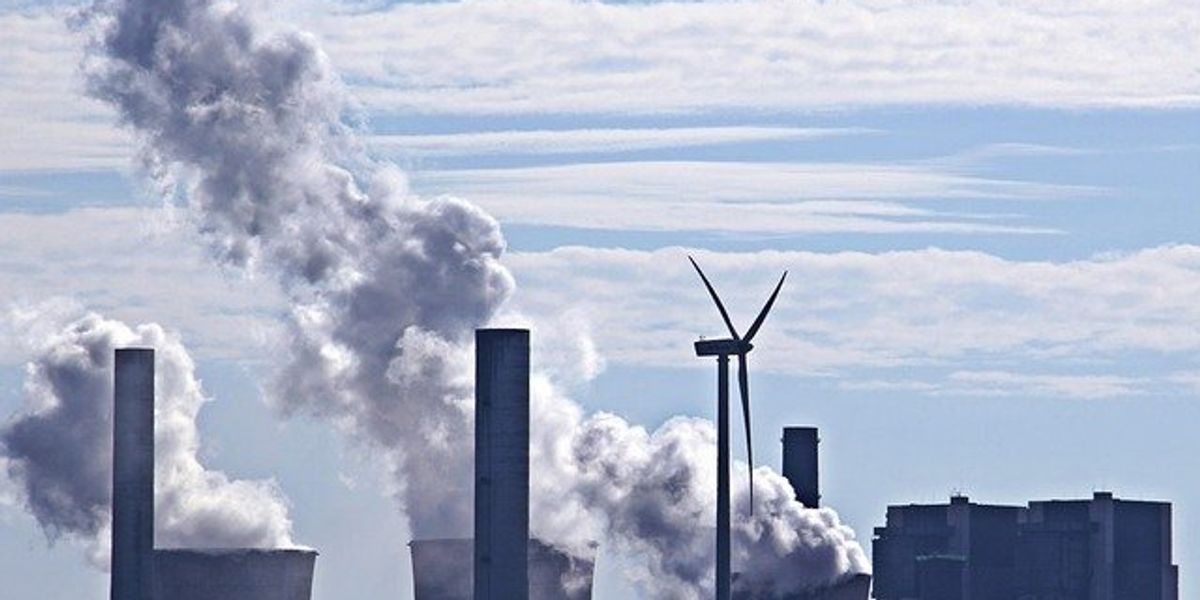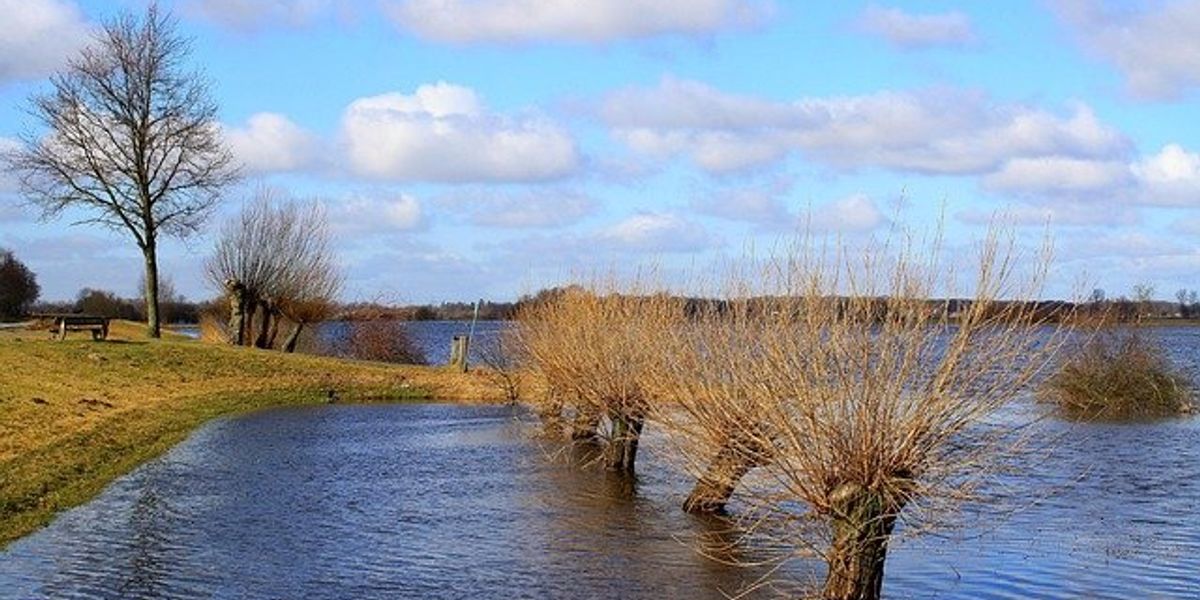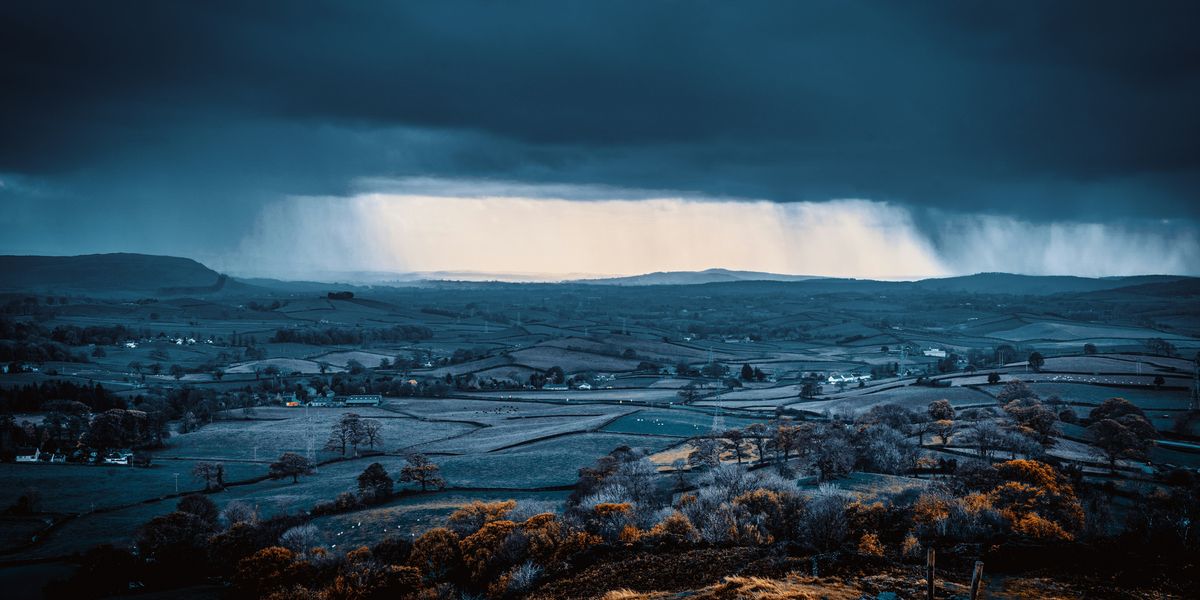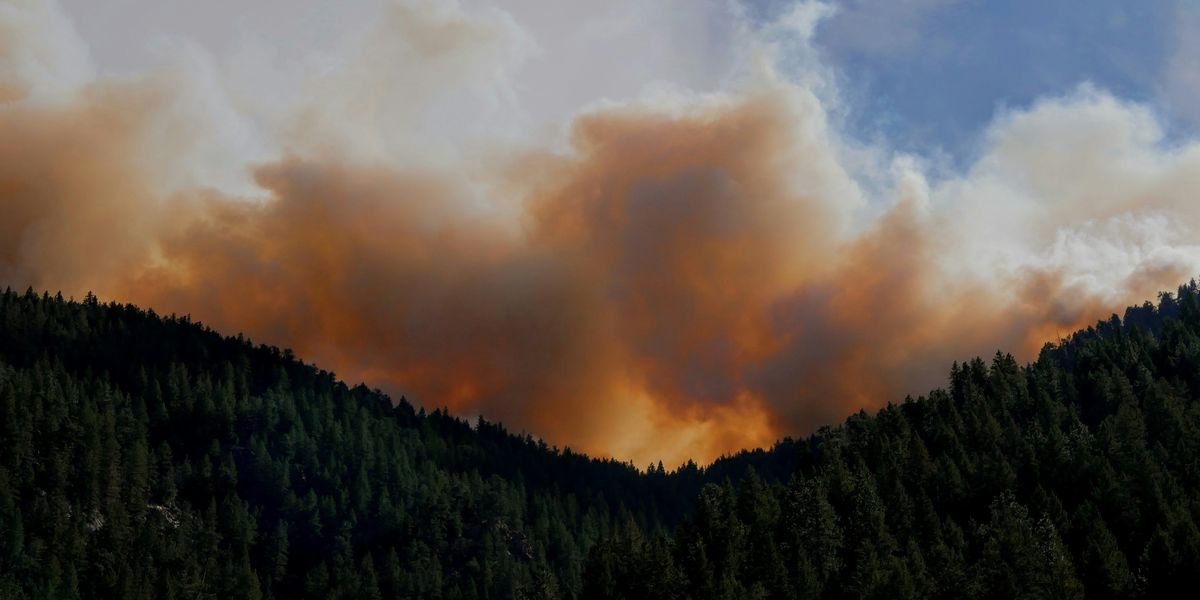girls
Extreme weather is worsening child marriages in Pakistan
Child marriages in Pakistan are on the rise as extreme weather events like floods force impoverished families to marry off young daughters for financial survival.
In short:
- Families displaced by floods in Pakistan are increasingly marrying off young girls to cope with economic hardships.
- Child marriages are often seen as a means of survival, with parents trading daughters for money to reduce household burdens.
- Rights groups urge stronger laws and education to combat the rise in child marriages driven by climate crises.
Key quote:
“These are marriages of survival prompted by the monsoon season and the reason behind marrying off a girl is to reduce the feeding costs at home during the climate calamity.”
— Mashooque Birhmani, founder of NGO Sujag Sansar
Why this matters:
As climate change intensifies, vulnerable populations, especially young girls, face growing risks of exploitation. Addressing child marriage requires urgent action to protect the rights and futures of these children.
Related:
UN: Droughts hit women and girls hardest in vulnerable areas
In poor and rural regions around the globe, women and girls bear the brunt of drought's impacts, underscoring the need for water strategies to address their unique challenges, according to the United Nations.
In short:
- The UN's world water development report calls for enhanced global cooperation on water resources to mitigate conflicts and improve conditions for women and girls.
- Access to clean water and safe sanitation significantly affect women's and girls' education and safety in disadvantaged areas.
- Conflicts over water, exacerbated by climate change, pollution and overuse, pose risks of local and regional disputes, impacting food security and health.
Key quote:
"As water stress increases, so do the risks of local or regional conflict."
— Audrey Azoulay, director general of UNESCO
Why this matters:
Climate-related water stress significantly impacts communities worldwide, but its effects tend to be more acute for women and girls, who often bear the brunt of environmental crises. Due to traditional roles and socio-economic factors, women and girls are primarily responsible for water collection in many cultures. This task becomes increasingly arduous and time-consuming as water scarcity, exacerbated by climate change, forces them to travel longer distances.
Bangladesh is on the front lines of a water crisis driven by climate change and politics. There, as in many other countries, women are made especially vulnerable by safe drinking water shortages.
Horn of Africa drought puts 3.6m children at risk of dropping out of school
Experts warn that girls’ education will be worst hit by the drought, as many families are forced to move away from schools.
Why keeping girls in school is a good strategy to cope with climate change
Malawi: Climate change is putting women & girls in Malawi at greater risk of sexual violence
Climate change forcing Zimbabwean girls into sex work
The climate crisis is worse for women. Here’s why
Although climate change is a collective problem, its burdens - displacement, homelessness, poverty, sexual violence, disease - weigh more heavily on women and girls.



















